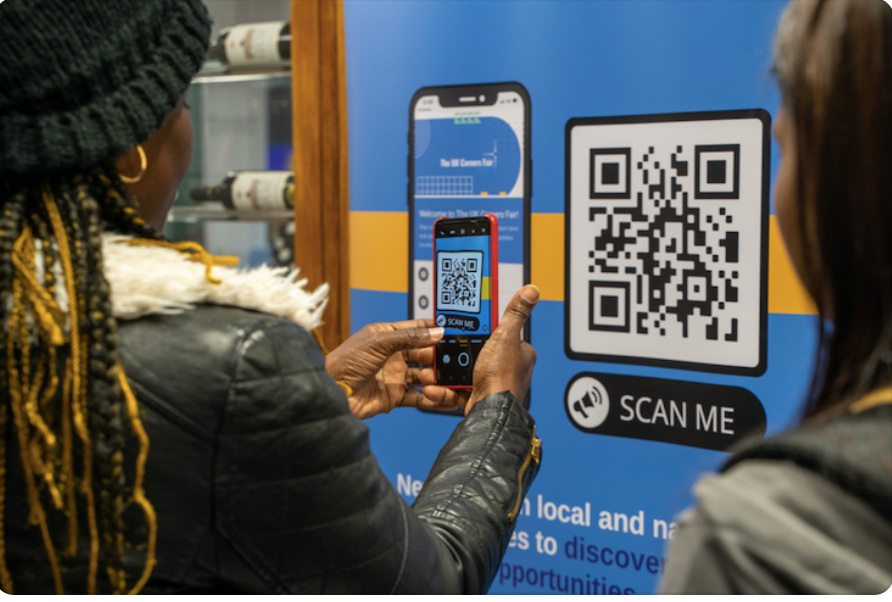On Wednesday, March 13th, 2024, the World Health Organization declared the COVID-19 outbreak a pandemic. In response to the complex challenges posed by poaching, wildlife trade, and zoonotic threats, International Animal Rescue (IAR) has emerged as a beacon of hope with its One Health programme. This transformative initiative aims to prevent future pandemics through education in biodiversity conservation and smart wildlife trade regulation.
In the face of illegal and unregulated trade and the risk of disease transmission between humans and animals, the One Health programme focuses on collaboration, communication, education, and capacity building. By involving multiple stakeholders, divisions, and communities, the programme addresses pressing issues of public health, wildlife trade, wild meat consumption, and environmental degradation. The ultimate goal is a world where humans, animals, and the environment coexist harmoniously, safeguarded by the principles of IAR’s holistic conservation strategy, IARconserves.
Dr. Wendi Prameswari, Senior Programme Officer of One Health and Welfare at YIARI, IAR’s implementation partners in Indonesia, leads a team that is putting the IARconserves strategy into practice. “We are working closely with communities and actively educating them about the health risks associated with the trade and consumption of wildlife,” said Dr. Prameswari. “The IARconserves One Health initiative works by raising public awareness and promoting community-led efforts to reduce the risk of zoonotic diseases.”
The team has also engaged key stakeholders involved in the management of markets selling live birds and other wildlife in Java, and has begun to carry out targeted interventions. By facilitating cross-sectoral collaborations between veterinarians, environmentalists, and public health experts, the programme aims to maximize its impact. Through reducing the illegal and unregulated trade, as well as the consumption of wildlife, the programme hopes to prevent another zoonotic pandemic and the devastation it would cause.
One of the main targets of IARconserves is markets selling live wildlife with poor animal welfare standards and inadequate sanitation and biosecurity measures, which pose high risks of disease emergence and transmission. The programme strives to improve conditions and change behaviors through government capacity building, seminars, and talk shows to raise awareness about rabies and other zoonotic diseases, co-formulation of locally appropriate One Health strategies for wildlife markets, vaccinations of over 650 animals for rabies, sterilization of over 60 dogs and cats, and distribution of educational materials to local communities.
Gavin Bruce, CEO of International Animal Rescue, spoke about the importance of reducing the likelihood of another viral spillover. “It requires a fundamental change in how we interact with nature,” he said. “This includes minimizing health challenges at the human-wildlife-environment interface, eliminating transmission points, better regulation of the legal wildlife trade, diligently suppressing the illegal and unsustainable wildlife trade, and conserving natural habitats. We are working to raise public awareness and change perceptions towards trading and consuming wildlife. We are pleased with the success so far, which shows that through continued education, we can change behaviors and prevent future zoonotic-related pandemics.”
To learn more about IAR’s One Health programme, please visit their website at https://www.internationalanimalrescue.org/.



